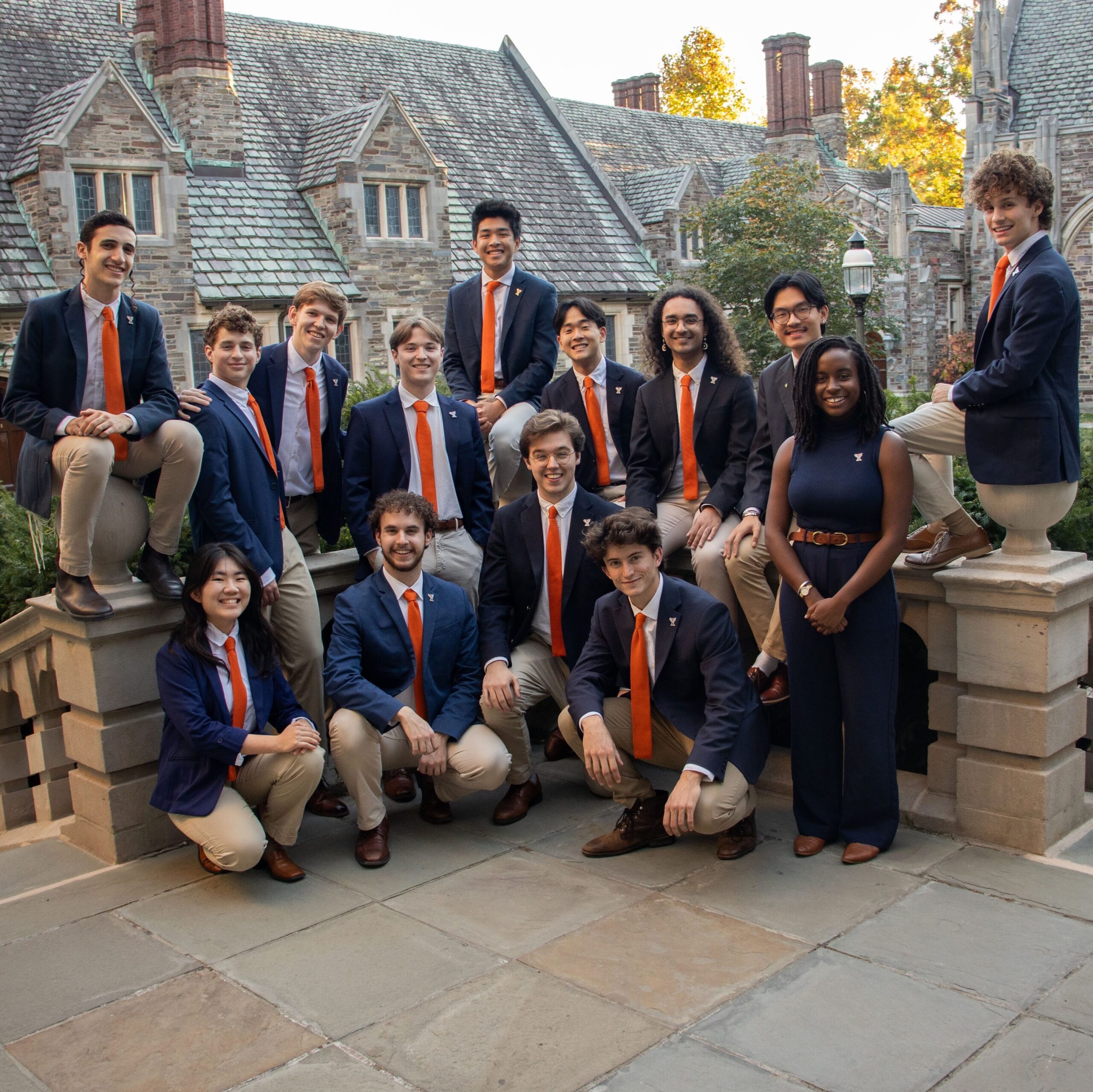Imagine standing in front of a big audience, heart racing, ready to blend your voice with others and hit the notes of an intricate a cappella arrangement. Every beat, every breath, is crucial. Every time I stand on stage or under an arch with my a cappella group, the Princeton Footnotes, I think of how similar singing and music feels to what I do in the lab. You might be thinking that singing in an a cappella group and doing research are worlds apart. However, these two passions have formed a bond in ways that I never believed possible. In fact, the creativity, collaboration, and discipline I have channeled in being a part of the Footnotes have made me a better researcher—and vice versa.
Continue reading Harmonizing Research and A Cappella: How Music Fuels My Scientific JourneyA Quick Guide to Securing Funding

You’ve brainstormed a great idea for your research project. You have the details of your topic all figured out, but you need some assistance with figuring out the logistics of the financial aspects that come with your great idea.
If that’s you, here’s a quick guide on one way of securing funding as a Princeton student!
Continue reading A Quick Guide to Securing FundingMore than Just Building Toy Cars: A Conversation with Jeremy Kiil ’24 about Car Lab
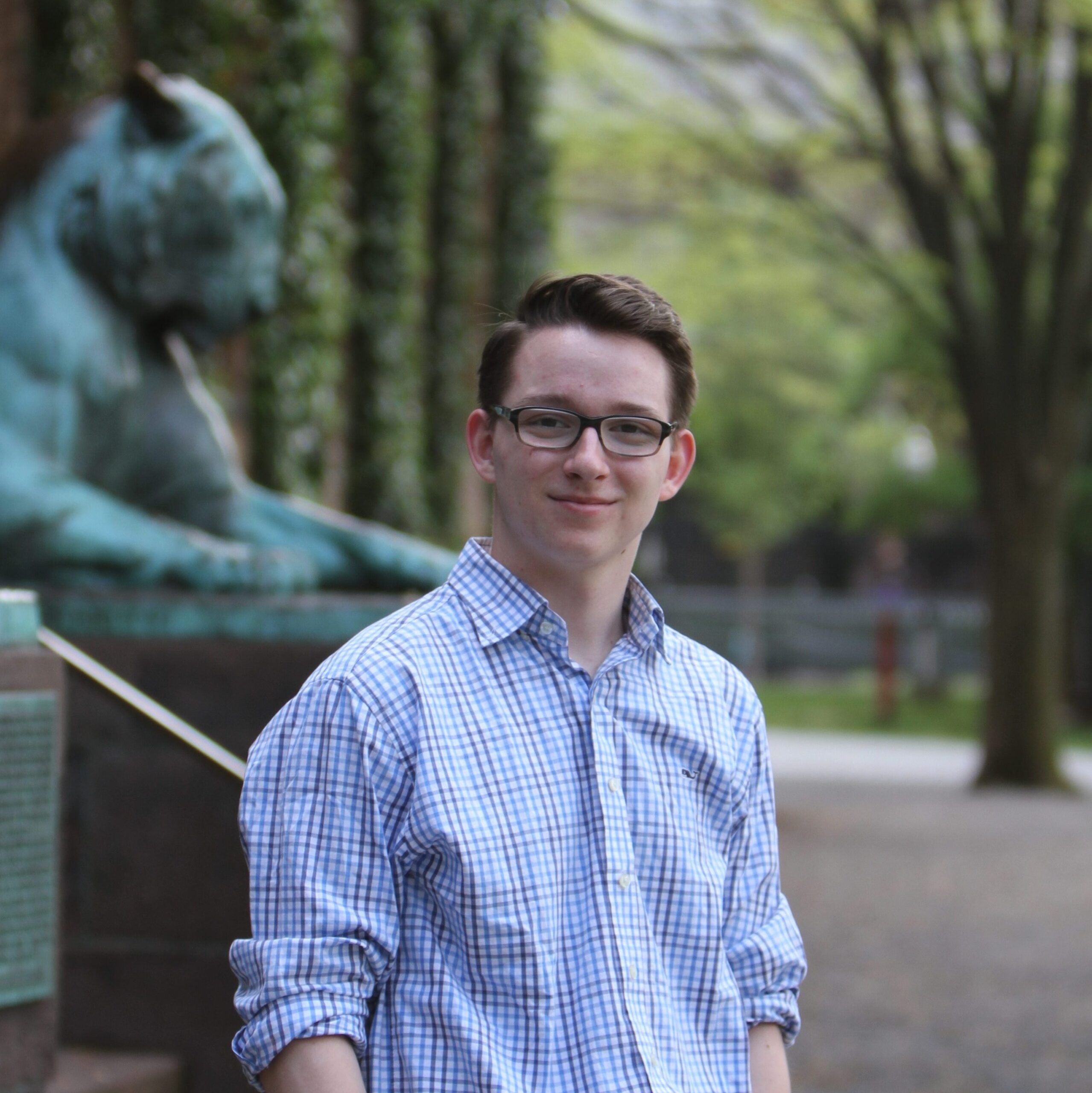
At Princeton, I’ve formed close friendships with students across all years and departments, witnessing their challenges, hard work, and achievements, from difficult courses to their independent work and senior theses. When my friends often name-drop courses from their departments and share exciting insights from their day, I realize I haven’t taken many of those classes myself. This realization sparked a desire to generate deeper conversations about their academic interests, even if I don’t fully grasp all the technical details and concepts of their field.
One of these conversations was with Jeremy Kiil ‘24 about his experience in ‘Car Lab’ (formally, ECE 302: Robotics and Autonomous Systems Lab), a required course for all ECE juniors. To my surprise, our conversation wasn’t focused on the nitty-gritty details about hardware components. Instead, Jeremy shared insights applicable to all students. I found his advice on making consistent progress, staying resilient, and taking care of oneself as wonderful reminders for everyone. Inspired by our conversation, I wanted to document and share it with a broader audience.
Continue reading More than Just Building Toy Cars: A Conversation with Jeremy Kiil ’24 about Car LabChoosing A Lab: To Stay or To Go?
Many students at Princeton spend their summers exploring a research project or a lab internship in their field of interest. But what’s next? Maybe you really enjoyed your experience and wanted to continue. Then, you come across the question: should I stay in the same lab or join a different lab?
This was the question I pondered when entering my sophomore year. I had an incredible summer experience as an High Meadows Environmental Institute intern in the Sigman Research Laboratory in the summer of 2023. I worked on a project that enabled my exploration of biogeochemical reconstruction via an investigation of the marine environment during a historical mass extinction through the use of a biological proxy known as foraminifera. But, where did I want to go from there? If you’re in a similar position, here are some things to keep in mind!
Continue reading Choosing A Lab: To Stay or To Go?Mystery Writers in Research Labs: How to Analyze Your Data
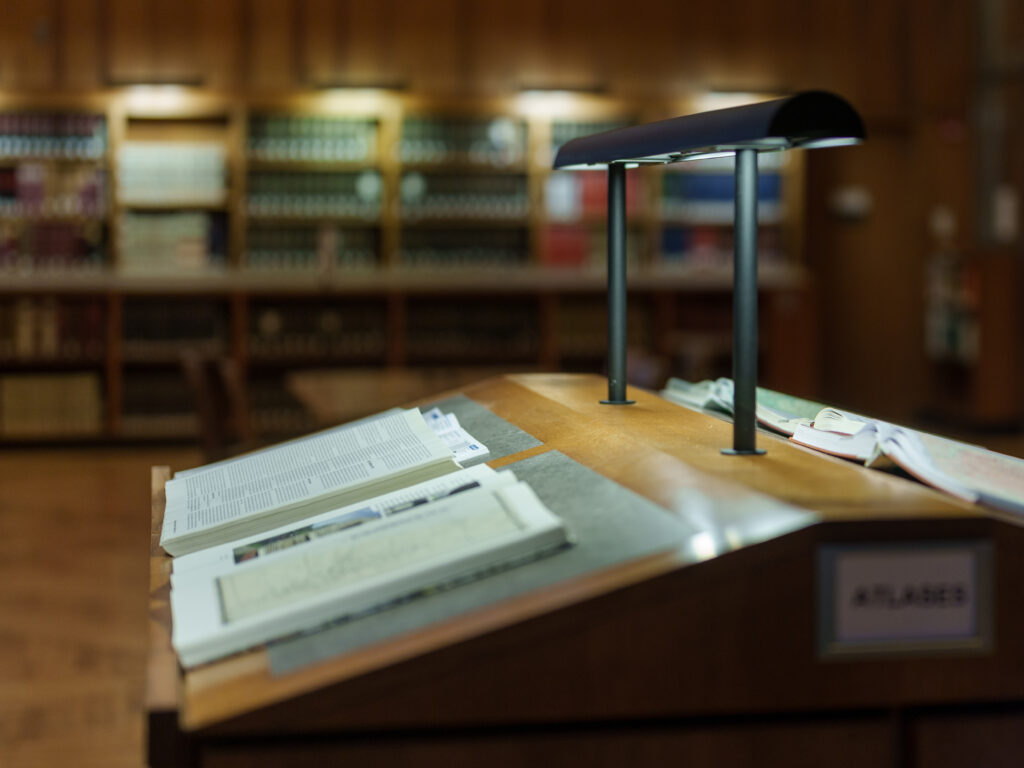
“So what does this data mean?” My professor asked, looking at me expectantly. What does the data mean? “What does this data tell you about the cancer cells?” If he thought rephrasing it made it any better, it didn’t. I am not quite sure what I said to save face (and frankly, I really do not want to remember), but I must have said something because my professor just nodded. “When you look at your data, I want you to create a story. It may be a mystery, but then you’d be providing a certain set of clues.”
It is very easy to get caught up in generating data, especially if the data is particularly tricky and you’re concerned about making sure it looks right, generating the right graphs, having the right axes, numbers and titles. It can be a headache. By the time the graphs are done, I would rather not look at it anymore or think too hard about the numbers. However, as lab reports and analysis questions stack up for our classes, it becomes prudent to know how to analyze these graphs. While I am not a seasoned veteran, I have a few tips that helped me approach these types of situations.
Continue reading Mystery Writers in Research Labs: How to Analyze Your DataExploring Memory: My First-Year Research Experience
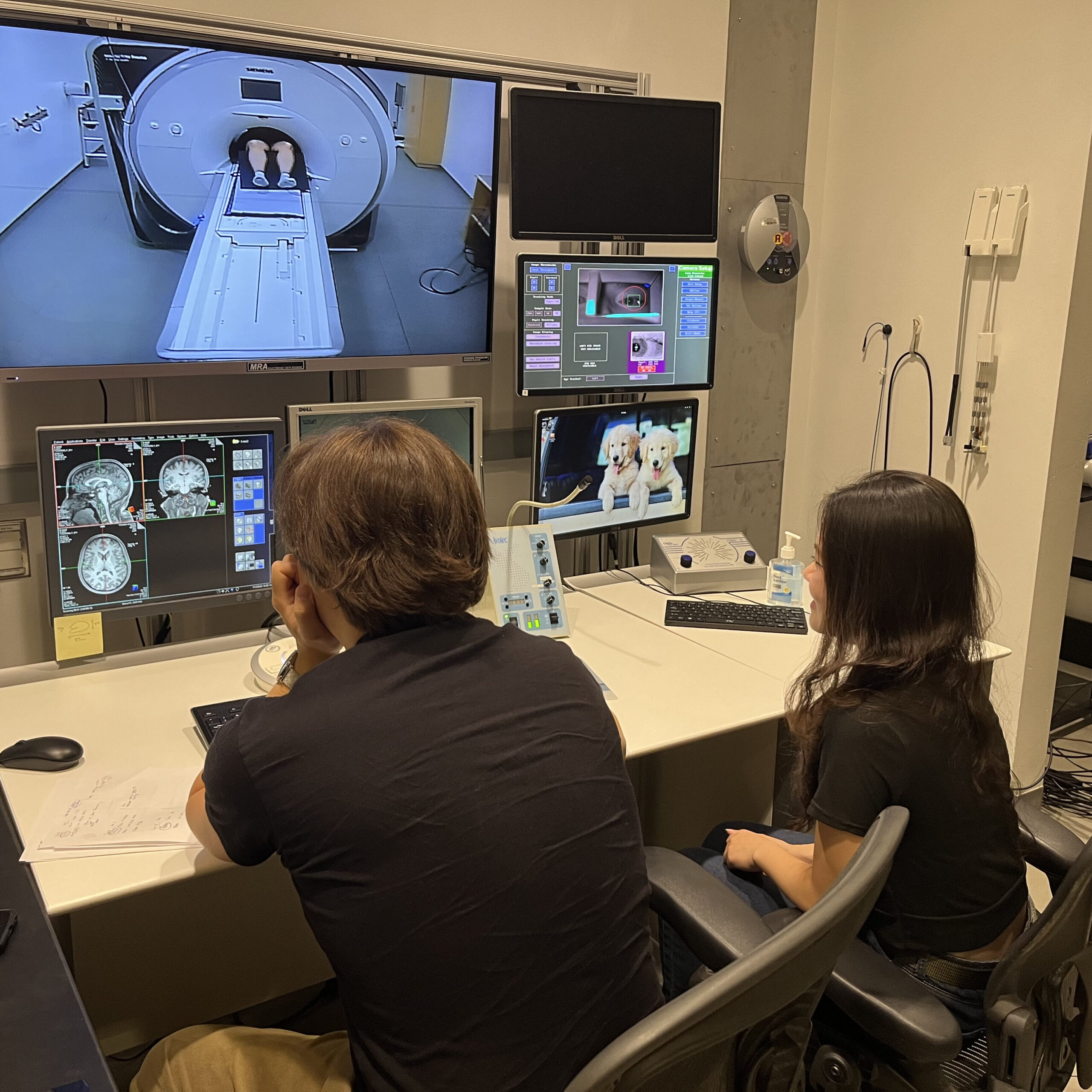
It felt a little odd to begin an email with, “I wrote about your lab in my application to Princeton!” but it was the truth. Since high school, I had been fascinated by memory and its profound effects on shaping our lives, which motivated me to pursue a degree in neuroscience. Professor Kenneth Norman’s work in the Princeton Computational Memory Lab captured my attention while I was exploring Princeton’s resources for my application essays. I wrote about how I wanted to be a part of the lab and study human memory, specifically focusing on how the brain and mind can overcome the emotional consequences of trauma-based memories. After arriving at Princeton, I had been eagerly awaiting the right time to reach out to Professor Norman about getting involved in his research.
Continue reading Exploring Memory: My First-Year Research ExperienceSurf’s Up: A Guide to Internet Surfing, and other Assorted Browsing Research Skills

If you’re anything like me, you first thought that “research” essentially amounted to surfing the Internet. Back in the glory days of middle school, “research” meant the rewarded privilege of getting to use the laptop carts, productively using class time on googling information about our various project topics (and definitely not secretly playing games). Now, as the mature, worldly college student you now are, perhaps you think you know better. “True” academic research, the clever reader now knowingly tells themselves, is historians dusting through archival documents and scientists mixing frothy chemicals in the lab.
Yet there’s a missing part here: a crucial element that takes us back to our elementary and middle days of excited googling. To make any significant intellectual contribution to any field, one first has to understand the current state of knowledge in that same field. To borrow the term favored by the Writing Program, we need to understand the scholarly conversation. How do we know if we’re making a contribution to something, if we don’t understand what that something is? Understanding the current state of research in a given field is a crucially important skill—really, a prerequisite—for conducting your own effective research in that field.
Continue reading Surf’s Up: A Guide to Internet Surfing, and other Assorted Browsing Research SkillsMentorship Matters: A Summer of Research and Growth
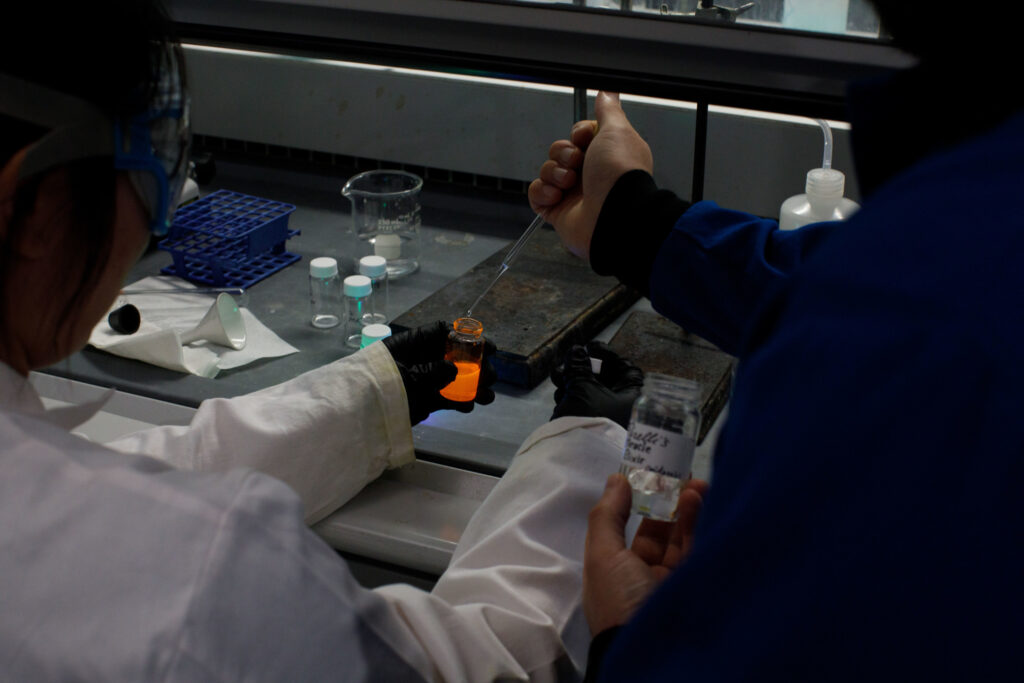
When I first walked into the lab this summer, I thought research was all about running experiments and gathering data. What I didn’t expect was how much the people around me—the mentorship and the shared triumphs and failures—would shape so much of my learning and how I view scientific research.
Starting a research position at a bioengineering lab over the summer was really intimidating for me, especially as an undergraduate. At the start, I felt like the most inexperienced person in a room full of graduate students, postdocs, and faculty who seem to have it all figured out. Although I’ve learned or at least seen a lot of the quantitative and qualitative components in my Chemical and Biological Engineering course, I did not have much hands-on experience and critical thinking that comes with actually doing experiments. That’s when I realized how big of a role a mentor plays.
Continue reading Mentorship Matters: A Summer of Research and GrowthResearch Insights Series: An Interview with Gemma M. Sahwell
As a Geosciences major, I am fascinated by ocean biogeochemical cycling and reconstruction of past climates and marine environments by way of biological proxies. Yet, I have also found myself intrigued in environmental movements and storytelling, particularly with the narratives of the land histories of indigenous communities in the backdrop of anthropogenic climate change and U.S. colonial history.
With growing interest in both fields, I enrolled in Professor Allison Carruth’s ENV238: Environmental Movements: From Wilderness Protection to Climate Justice. Here, with luck, I met an incredible preceptor who shed some light on the interdisciplinary nature of her research and inspired me to delve deeper into my own multifaceted interests.
A PhD candidate student in the Geosciences department, Gemma M. Sahwell is currently a member of both the Blue Lab and the Higgins Research Laboratory. Curious, I reached out to her to see if I could speak with her a bit about her research.
Join me below to hear about her experience.
Continue reading Research Insights Series: An Interview with Gemma M. SahwellResearch Courses at Princeton
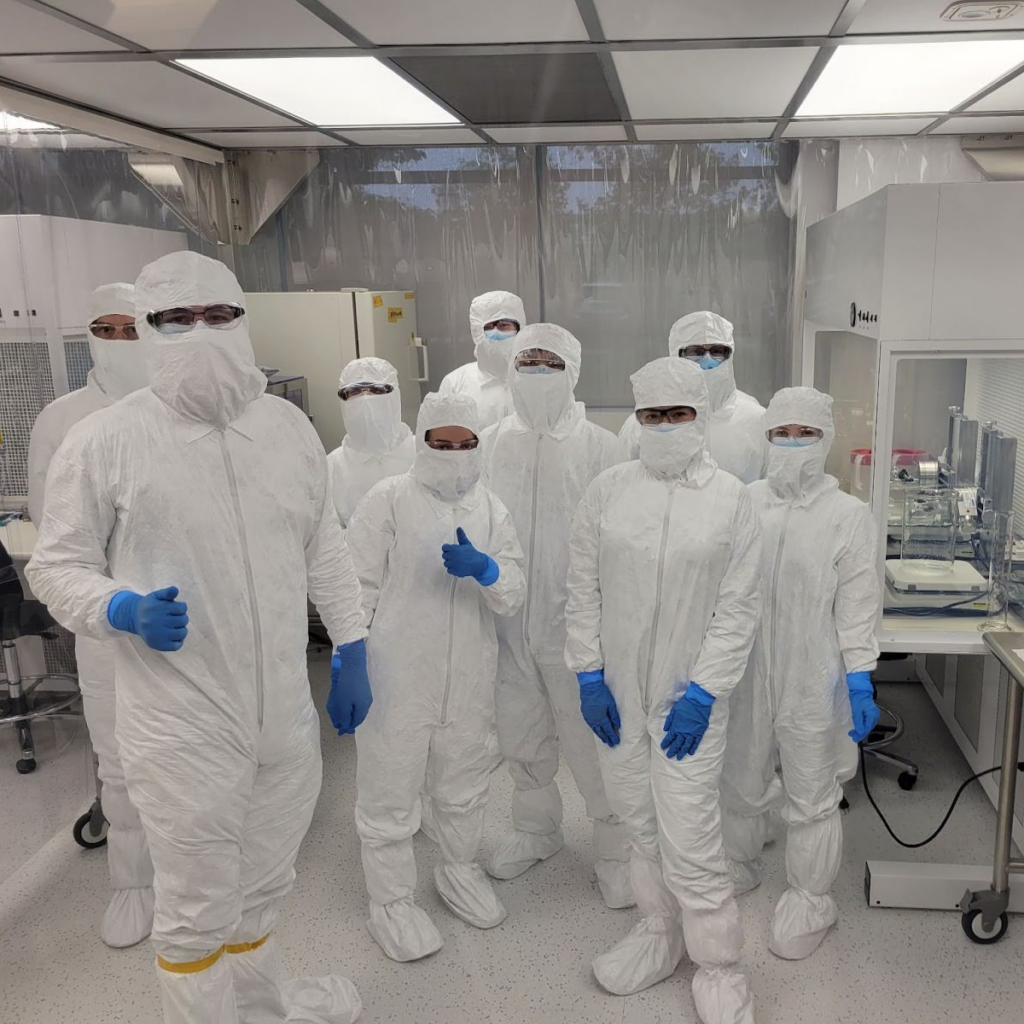
The structure of a “standard” Princeton course usually includes a mix of lectures, precepts, or seminars which likely have a midterm and final. While some of these courses may have “lab” components where you spend a couple hours once a week doing a hands-on assignment, there exist many courses at Princeton which are instead entirely focused on conducting hands-on, lab-based research with a small team that works closely with professors who provide mentorship as you work on an original research project. If you’ve ever wanted to take a class that is far different from anything else at Princeton by teaching you hands-on skills and giving the opportunity for a new project, these types of courses might be for you!
Some of these courses are year-long sequences like AST250 Space Physics Lab I and AST251 Space Physics Lab II, which I took during the 2022-2023 academic year. This was one of my favorite course experiences at Princeton and was certainly the most engaging. The skills we learned were invaluable, and as we worked closely with the professors and each other, our year-long project became an unforgettable experience.
Continue reading Research Courses at Princeton
